Introduction
Maintaining a balanced diet during pregnancy is crucial for the health of both the mother and the developing baby. Proper nutrition supports fetal growth, reduces the risk of complications, and promotes overall well-being. This guide provides essential information on Pregnancy Nutrition,what to eat during pregnancy, focusing on key nutrients and healthy eating practices.
Table of Contents
Essential Nutrients for Pregnant Women
1. Folic Acid:
– Importance: Crucial for the development of the baby’s brain and spinal cord. Helps prevent neural tube defects.
– Sources: Leafy greens, citrus fruits, beans, and fortified cereals.
2. Iron:
– Importance: Supports increased blood volume and prevents anemia. Essential for oxygen transport in the blood.
– Sources: Lean meats, spinach, lentils, and fortified cereals.
3. Calcium:
– Importance: Vital for the development of the baby’s bones and teeth. Also supports the mother’s bone health.
– Sources: Dairy products, fortified plant-based milk, and green leafy vegetables.
4. Protein:
– Importance: Supports the growth of fetal tissues and organs, including the brain. Important for maternal tissue repair.
– Sources: Lean meats, eggs, beans, nuts, and dairy products.
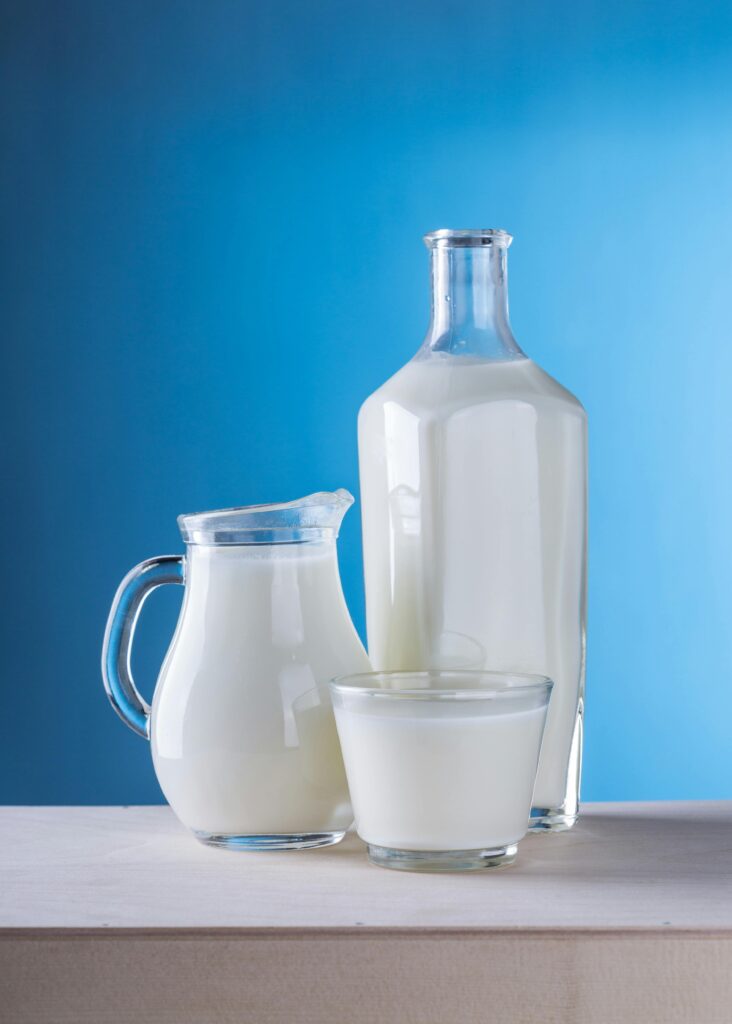
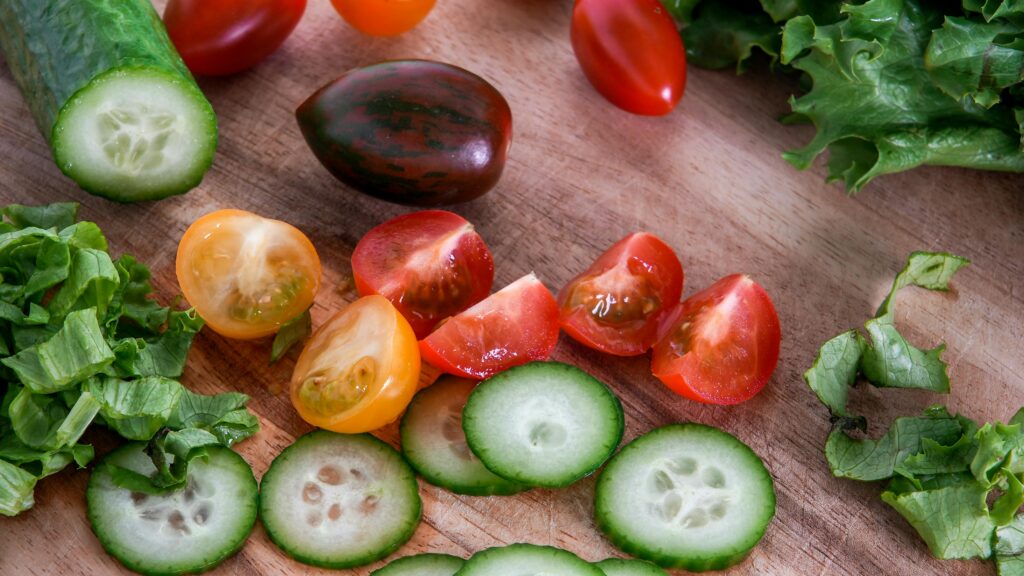
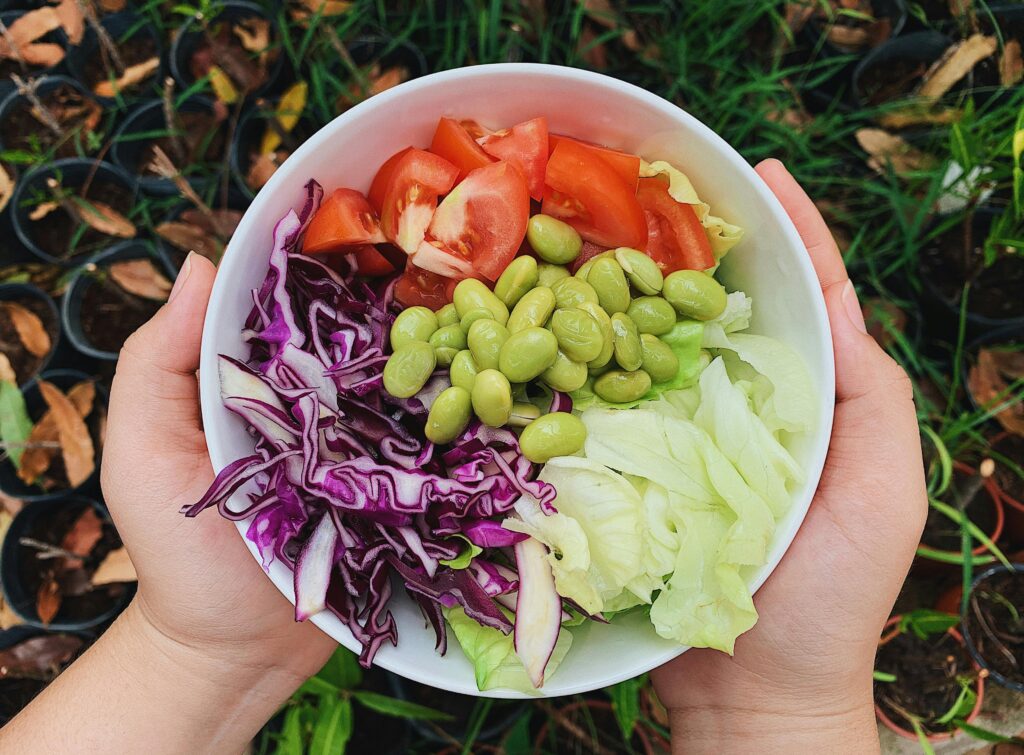
5. Vitamin D:
– Importance: Helps in calcium absorption and supports bone health.
– Sources: Fatty fish, fortified dairy products, and sunlight exposure.
6. Omega-3 Fatty Acids:
– Importance: Essential for the development of the baby’s brain and eyes.
– Sources: Fatty fish (like salmon), walnuts, and flaxseeds.
7. Vitamin C:
– Importance: Boosts the immune system and helps in iron absorption.
– Sources: Citrus fruits, strawberries, bell peppers, and tomatoes.
8. Fiber:
– Importance: Aids in digestion and helps prevent constipation.
– Sources: Whole grains, fruits, vegetables, and legumes.
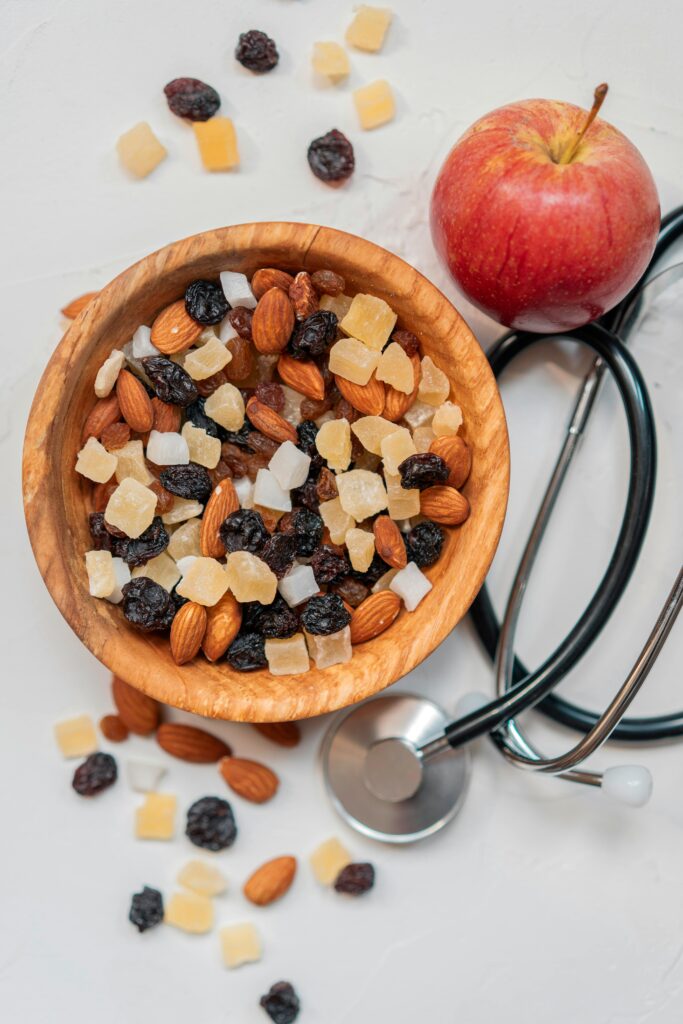
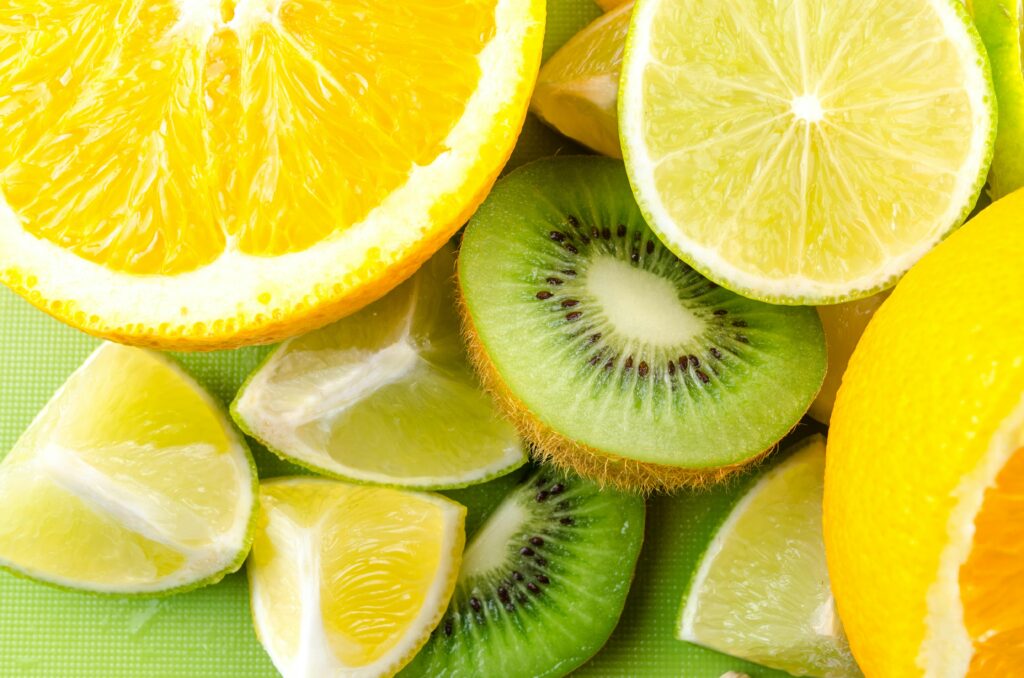
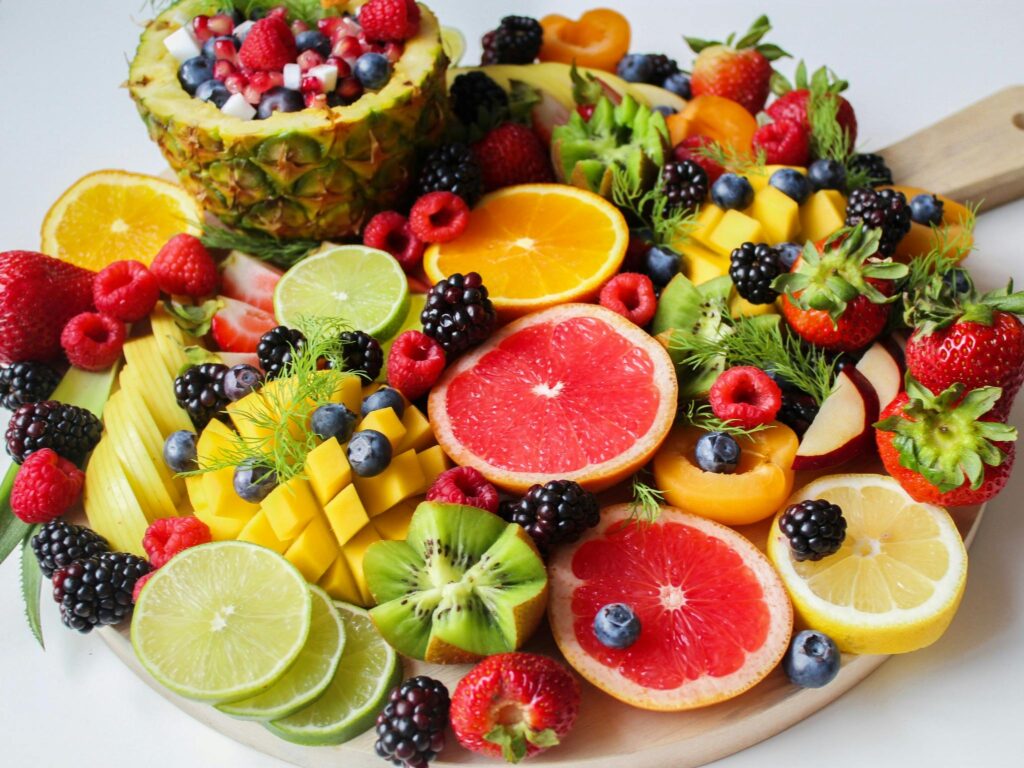
Healthy Eating Tips During Pregnancy
- Eat a Variety of Foods: Ensure your diet includes a mix of fruits, vegetables, whole grains, lean proteins, and dairy. This helps cover all nutritional needs.
- Stay Hydrated: Drink plenty of water throughout the day. Proper hydration supports overall health and helps manage common pregnancy issues like constipation and swelling.
- Manage Portion Sizes: Eat small, frequent meals to manage nausea and maintain energy levels. Avoid overeating by paying attention to hunger and fullness cues.
- Limit Processed Foods: Reduce intake of processed foods high in sugar, salt, and unhealthy fats. These can contribute to excessive weight gain and may lack essential nutrients.
- Choose Healthy Snacks: Opt for nutritious snacks like yogurt, nuts, fruits, and vegetables. Avoid sugary snacks and beverages.
- Cook Foods Thoroughly: To avoid foodborne illnesses, ensure meats, eggs, and seafood are well-cooked. Wash fruits and vegetables thoroughly.

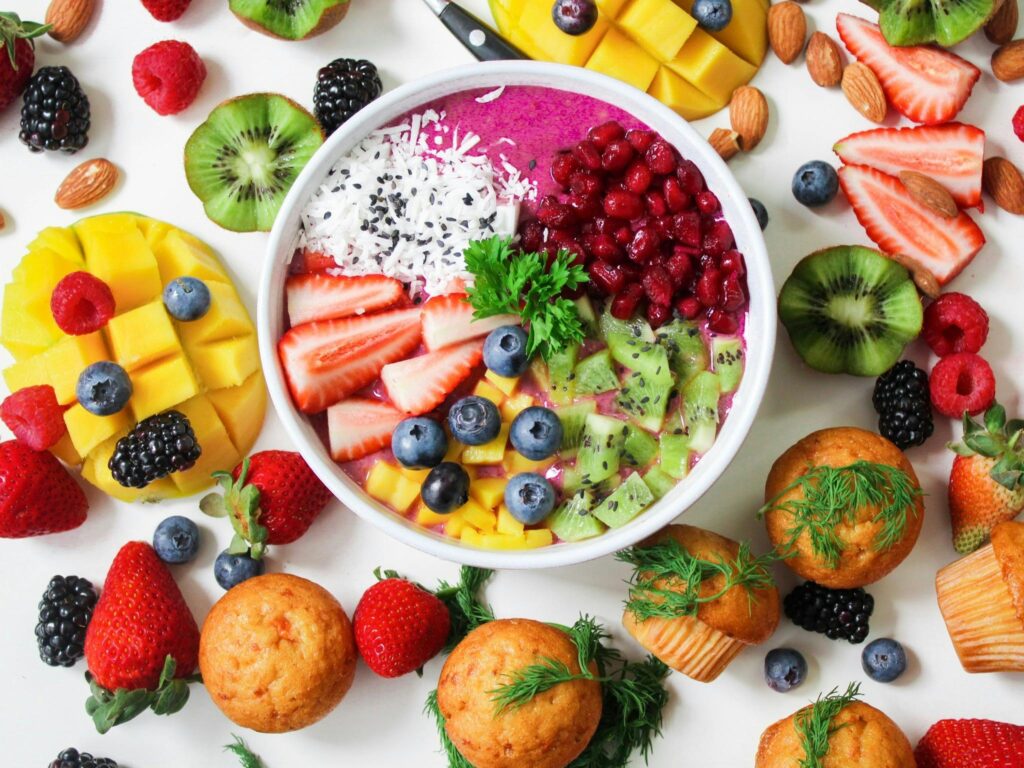
- Consult with Your Healthcare Provider: Discuss any dietary concerns with your healthcare provider. They can recommend appropriate supplements if needed and help tailor your diet to your specific health needs.
Foods to Avoid During Pregnancy
1. Raw or Undercooked Seafood, Eggs, and Meat: These can carry harmful bacteria or parasites.
2. Unpasteurized Dairy Products: Risk of bacterial contamination.
3. Certain Fish High in Mercury: Such as shark, swordfish, and king mackerel.
4. Caffeine and Alcohol: Limit caffeine intake and avoid alcohol entirely, as they can affect fetal development.
Conclusion
A well-balanced diet is key to a healthy pregnancy. By focusing on essential nutrients and making healthy food choices, you support both your health and your baby’s development. Regular consultations with your healthcare provider will ensure you meet your nutritional needs throughout your pregnancy. At Health Authentica, we provide valuable information to help you make informed dietary choices for a successful and healthy pregnancy.










